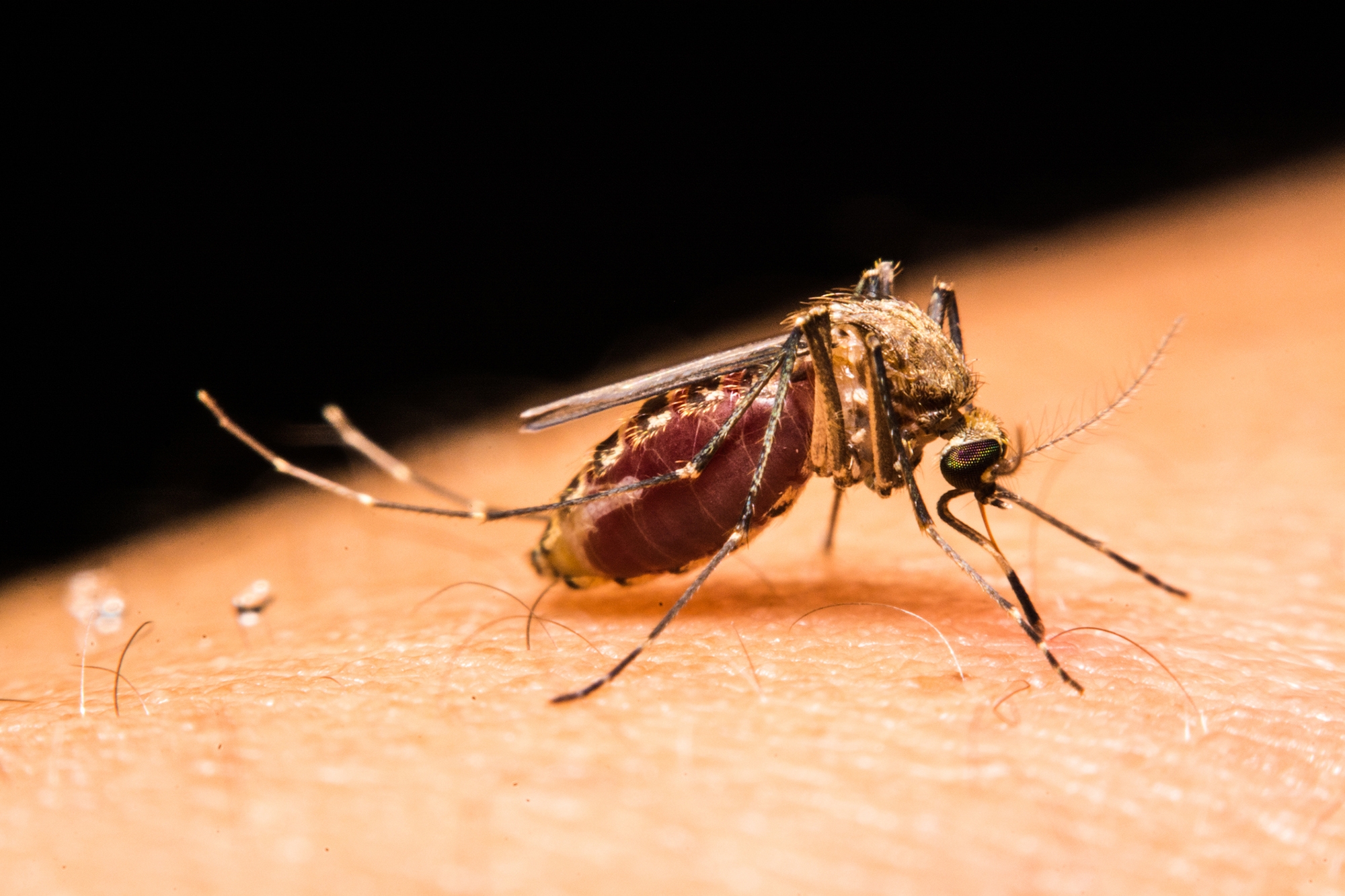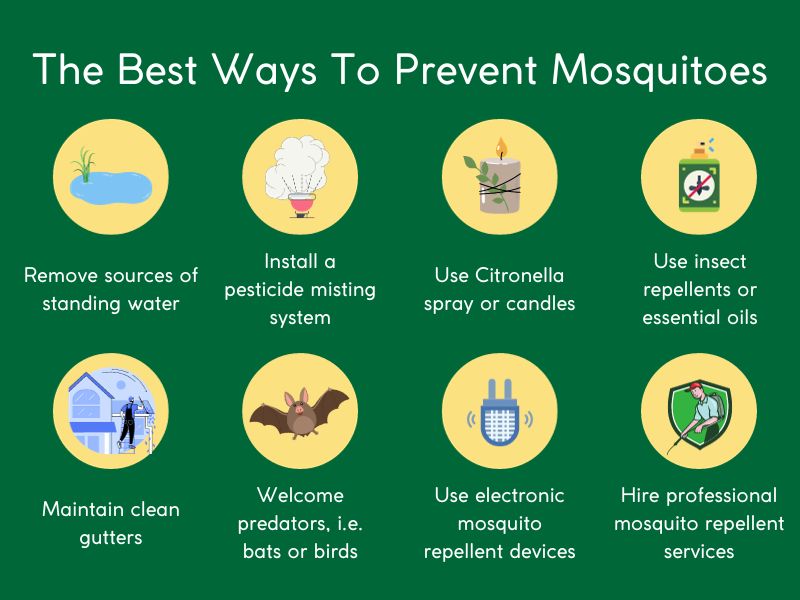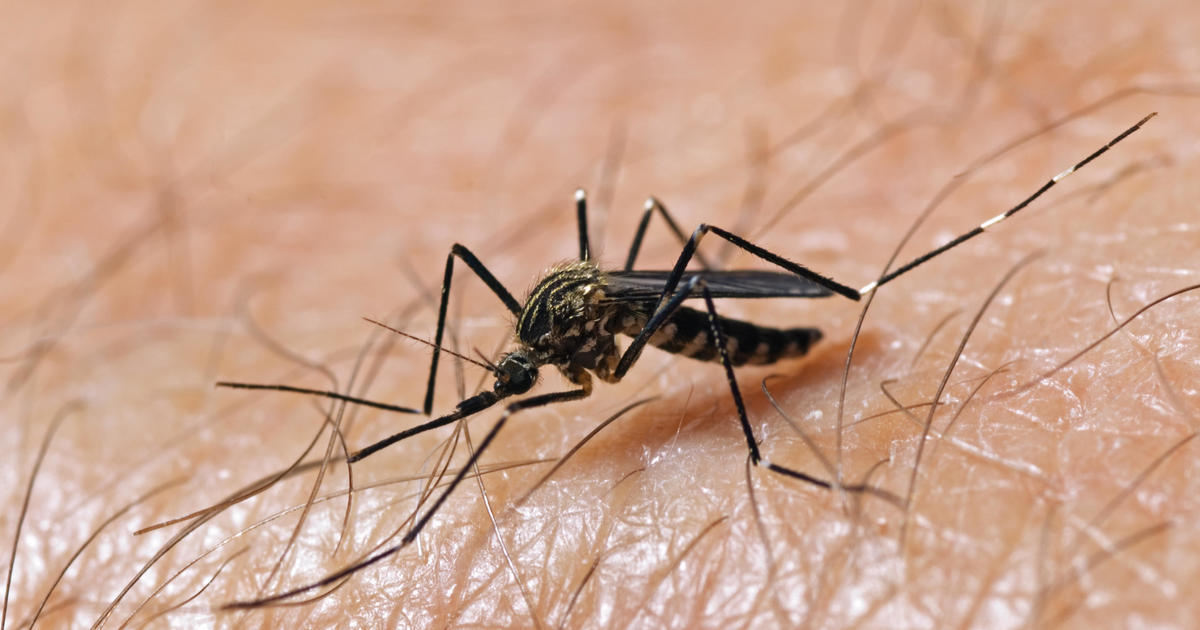Do you think mosquitos are a problem now? Experts warn that recent rainfall and rising temperatures are about to create a significant surge in the mosquito population.
Breeding Grounds Multiply
“We’re fixing to see a bloom like none other,” said Raye Chisholm, general manager of Mosquito Squad of Fort Worth. “All the rain and moisture we’ve been having is causing the ground to stay wet. It will cause the mosquito population to be more active because they’re going to breed more.”

Mosquitoes need only a bottle cap full of water to lay hundreds of eggs, and the torrential rains this week have left massive puddles everywhere. Over the last 48 hours, some areas of North Texas received four to five inches of rain. This could bring out a different and more aggressive species of mosquito, known as the “floodwater mosquito.” Chisholm explains, “A floodwater mosquito lays its eggs, larvae, and pupae in the ground, and they can stay there for years, undetected. Then, with all this flooding, they come out in droves. It will be a lot.”
Taking Proactive Measures
Chisholm stresses the importance of being proactive in reducing the mosquito population. Homeowners should inspect their properties for standing water and eliminate any they find. Cleaning gutters is also crucial, as debris can trap moisture and become a breeding ground for mosquitoes. Hiring professionals to treat yards is another effective strategy. West Nile virus has already been detected in North Texas this season. The first mosquito testing positive for the virus was found two weeks ago in Arlington. “It’s important that the public know that it’s not just a nuisance to you,” Chisholm said. “It’s a risk. It’s a risk to your health.”
Health Departments and Public Measures
Local health departments are actively monitoring the situation by baiting mosquito traps and watching for signs of West Nile and other viruses. Several cities have already begun spraying insecticides to curb the mosquito population.

The City of Fort Worth emphasizes that reducing the mosquito population and minimizing the risk of being bitten is the best way to prevent infection. Here are some tips they offer to protect yourself and your home:
- Eliminate Standing Water: Empty and scrub all outdoor containers, such as pools, toys, planters, birdbaths, and trash containers. Standing water is a prime breeding ground for mosquitoes.
- Cover Water Storage: Ensure water storage containers, like buckets, cisterns, and rain barrels, are tightly covered so mosquitoes cannot lay eggs inside.
- Clean Gutters: Regularly clean out gutters to avoid standing water. Check for and repair any damage that might cause water to collect.
- Inspect After Rain: After every rainfall, inspect your yard for containers or areas where water has collected and empty them. Watch for puddles where condensation gathers from air conditioning units.
- Use Screens and Repellent: Install and repair screens on windows and doors to keep mosquitoes out. Apply insect repellent whenever you’re outside, using products with DEET, Picaridin, oil of lemon/eucalyptus, or other EPA-approved ingredients.
